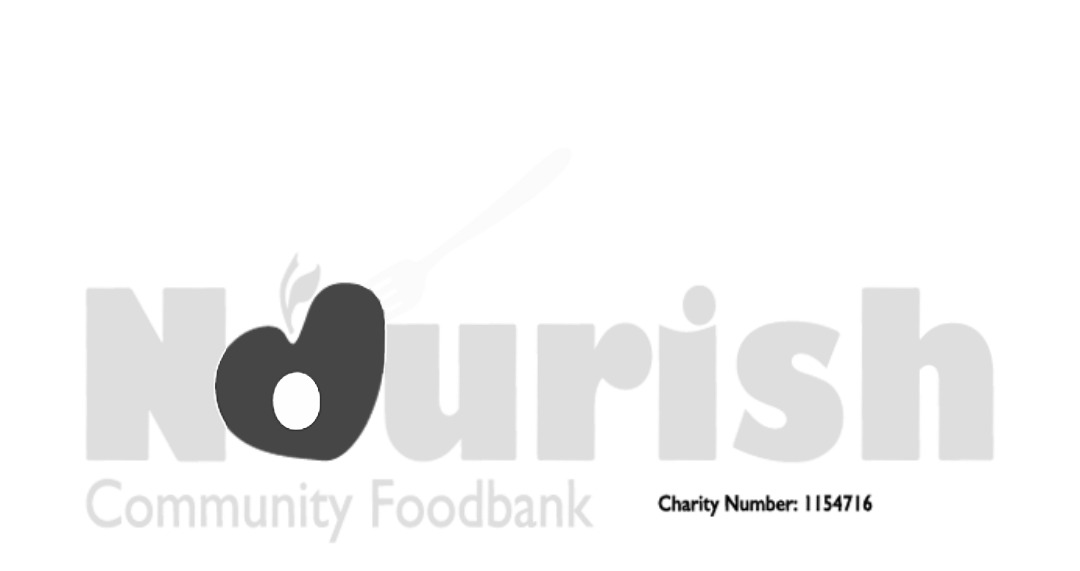Christmas Entertainment – will BBC give you more for your money than the tax man?
The answer to this question is probably yes, even though there’s no Dr Who special this year!
Rules on entertainment haven’t really changed that much. Any entertainment that does not involve staff is not deductible for tax purposes; you can still put it through your books but at the end of your company year we become the Christmas Grinch and remove it from the tax return. However, if you do treat your favourite client to a Christmas meal at least you can have a nice evening out without having to pay for it personally which will save on your personal tax.
However, staff entertaining IS allowable as a business expense but there are some rules to follow. You can claim food, drink, entertainment and other incidental costs such as travel and overnight accommodation. However, before you get carried away booking that James Bond theme night in central London that you’ve always wanted to do remember you only have an allowance of £150 per head inclusive of VAT per year. Provided that limit is not exceeded you can do any number of parties during the year. A reasonable Christmas do and a summer BBQ will about use that up.
What if you want to give gifts? Well, any gifts to clients are only allowable as a tax deduction if the total cost to one individual is less than £50, the gift has some relevance to your business and isn’t food, drink or tobacco; lucky clients though if that is the industry you work in! So my lucky clients will be receiving an M:Power Calculator this year.
Finally, what about staff? As long as what you give them is deemed a trivial benefit, which means it must cost £50 or less and not be part of their contract or a reward scheme. So some good news to end with, a bottle of wine, some chocolates or even a small turkey are likely to be exempt.
So, for £150.50 you can buy your TV license and enjoy hours of entertainment over Christmas. I guess after the James Bond theme night recovering in front of the TV may be just what you need!









